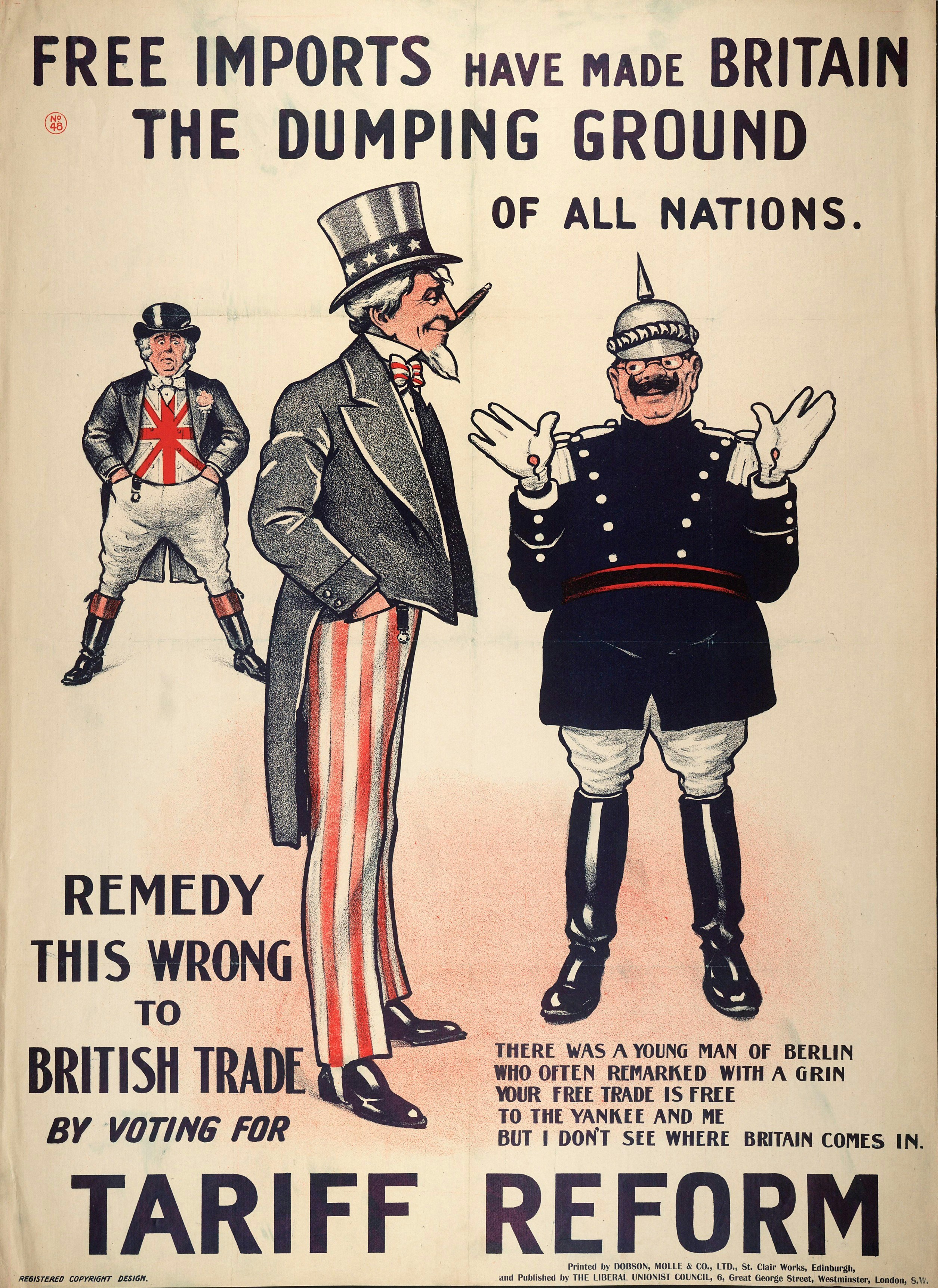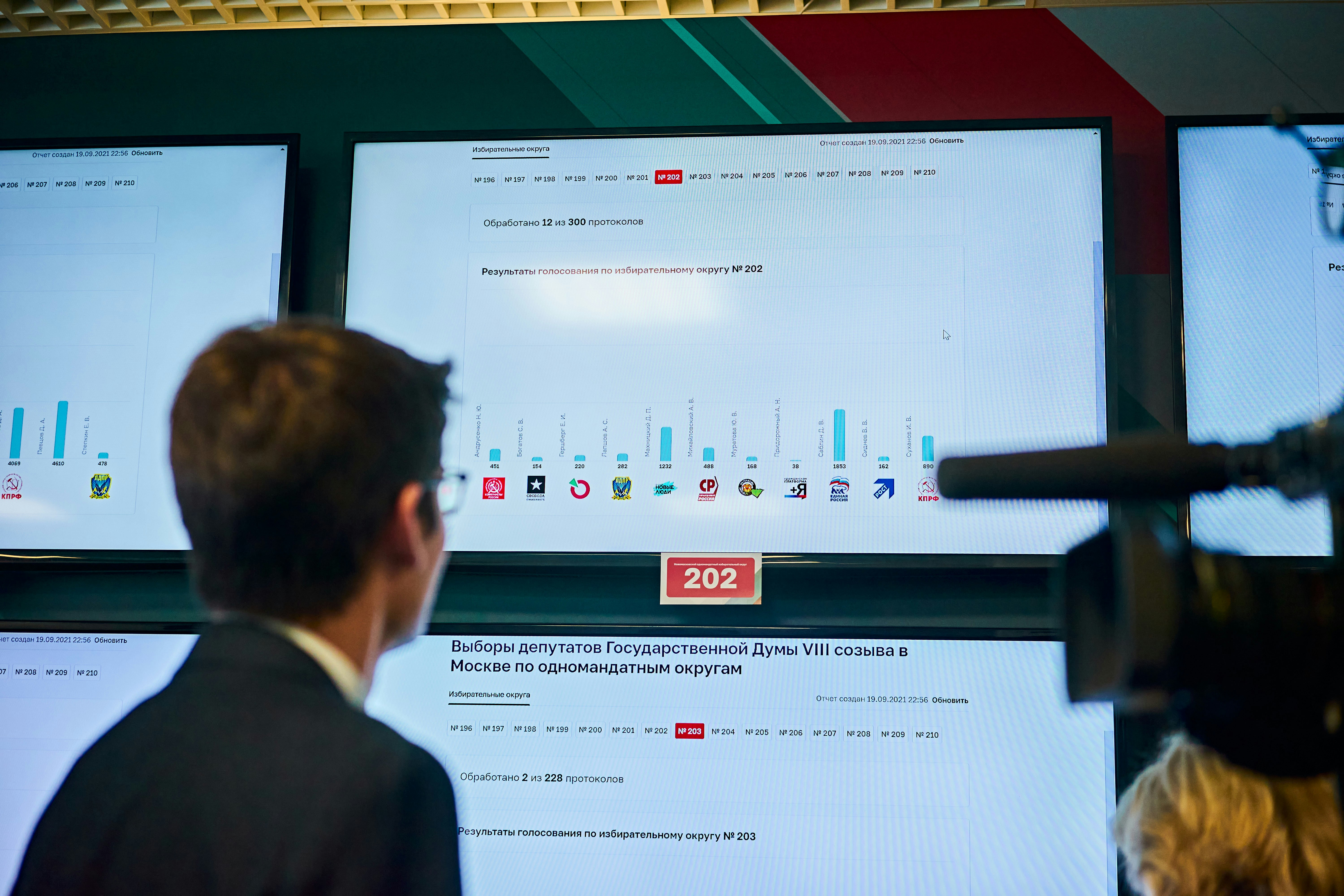Understanding America’s Interventions
Throughout history, the United States has undertaken numerous interventions in foreign countries, driven by a complex interplay of military, political, economic, and humanitarian motives. These interventions are often framed through a lens of American exceptionalism, suggesting that the U.S. has a unique responsibility to promote democracy and uphold human rights globally. However, the implications of such actions have been a subject of debate and critical analysis, influencing the global perception of America.
Military interventions, such as those in Vietnam, Iraq, and Afghanistan, were often justified by the need to combat perceived threats or to establish political stability. The rationale behind these military actions frequently stemmed from the belief that a strong American presence could prevent the spread of communism during the Cold War or combat terrorism in the post-9/11 era. However, these interventions have also led to significant backlash, calling into question the efficacy and morality of U.S. military involvement abroad.
On the political front, America has engaged in interventions aimed at supporting democratic movements or opposing authoritarian regimes. Notable instances include the CIA-led coup in Chile in 1973 and support for various governments across Latin America during the Cold War. These actions were often motivated by a desire to counter Soviet influence, yet the long-term effects have been a mixture of stability and instability, further complicating America’s image on the international stage.
Economic motives have also played a critical role in shaping interventions, with the U.S. often seeking to protect American business interests and foster favorable trade conditions. Humanitarian interventions, such as those in Somalia and Kosovo, illustrate a commitment to alleviate suffering, although critics argue that such actions can also serve to further U.S. geopolitical interests. Overall, America’s interventions have had profound repercussions, molding its global relations and raising questions about the true essence of American greatness.
Perception of Greatness: The Global Perspective
The perception of America on the global stage is a multifaceted issue, significantly influenced by the nation’s history of foreign interventions. Different countries possess diverse opinions that often reflect their geopolitical interests, historical relationships, and cultural contexts. For some, particularly allies such as the United Kingdom and Canada, America symbolizes strength, innovation, and the ideals of democracy. These nations often regard American-led interventions as protective measures aimed at promoting stability and democracy. In contrast, adversaries, such as Russia and China, interpret such actions as attempts to exert dominance and disrupt regional balances of power.
Furthermore, media portrayals and cultural exports play a pivotal role in shaping the global perception of American greatness. Hollywood films, popular music, and technology brands have crafted an image of America that resonates worldwide. While these cultural products often promote the narrative of freedom and opportunity, they can also invoke skepticism about American motives. For instance, international media frequently scrutinizes American military interventions, highlighting civilian casualties and long-term chaos, thereby influencing perceptions negatively.
<pthe actions="" affecting="" affects="" alliances.="" also="" america="" america's="" american="" and="" are="" attitudes="" be="" but="" cannot="" challenging="" coalitions="" complex="" disparity="" east,="" effectively.
The Consequences of Intervention: Successes and Failures
The historical narrative of American interventions across the globe is characterized by a mixed assortment of outcomes, from notable successes to significant failures. These interventions, which have often been framed as efforts to promote democracy, stability, or humanitarian relief, have shaped America’s identity both domestically and internationally. One prominent case is the post-World War II reconstruction of Western Europe through the Marshall Plan. By providing financial assistance and fostering economic cooperation, the United States contributed to a period of significant recovery and transformation, which many argue laid the groundwork for a stable and prosperous Europe—an outcome that bolstered America’s reputation as a global leader. This success is often cited in discussions about America’s capacity to influence positive change in the world.
Conversely, not all interventions have yielded favorable results. Noteworthy is the Vietnam War, a conflict that resulted in prolonged suffering and unrest, ending in a hurried withdrawal and raising questions about America’s commitment to its stated objectives. The aftermath of this war not only had dire consequences for the Vietnamese population but also triggered a profound sense of disillusionment within the United States, challenging the very notion of American superiority. Such failures invite critical examination of America’s strategies and motives, as well as their long-lasting repercussions on both the countries involved and America itself.
Moreover, recent military engagements in the Middle East, particularly in Iraq and Afghanistan, further illustrate the complexities surrounding American interventions. The initial objective of promoting democracy and stability has often collided with uncontrollable variables, resulting in adversities that undermine the intended successes. These outcomes contribute to the ongoing debate concerning America’s greatness as perceived by its citizens and the global community. The lessons learned from these historical examples catalyze discussions on policy approaches and the ethical implications of foreign interventions, in essence shaping America’s future trajectory.
The Path Forward: Can America Redefine Greatness?
As the world evolves, so does the concept of national greatness, particularly for a country like America that has long been seen as a global leader. To redefine greatness in this changing landscape, the emphasis should shift from military dominance to proactive diplomacy and collaboration. By actively engaging with other nations through respectful dialogue and partnership, the United States can foster stronger relationships that hold the potential for mutual growth and understanding.
Soft power, the ability to influence others through attraction and persuasion rather than coercion, can play a crucial role in this redefinition. America has the opportunity to project its values not through military interventions but by promoting democracy, human rights, and environmental sustainability. This approach not only enhances America’s image globally but also contributes to a more stable and cooperative international framework.
Listening to and learning from diverse perspectives is essential in this process. By engaging with emerging nations and respecting their cultural, economic, and political contexts, America can create a global environment conducive to shared progress. Collaborative initiatives in areas such as trade, education, and climate action can facilitate a sense of shared responsibility and ownership, encouraging other nations to join in efforts that yield collective benefits.
Moreover, redefining greatness requires internal reflection on domestic policies that reflect high moral standards and a commitment to social justice. By addressing inequality and ensuring equitable opportunities for all citizens, America can exemplify the values it espouses on the world stage. This holistic approach combines both domestic reform and international collaboration, moving toward an understanding of greatness that hinges on positive contributions rather than sheer power. Ultimately, it cultivates a vision of America that champions peace, dialogue, and collaborative advancement as the foundation of true greatness.



